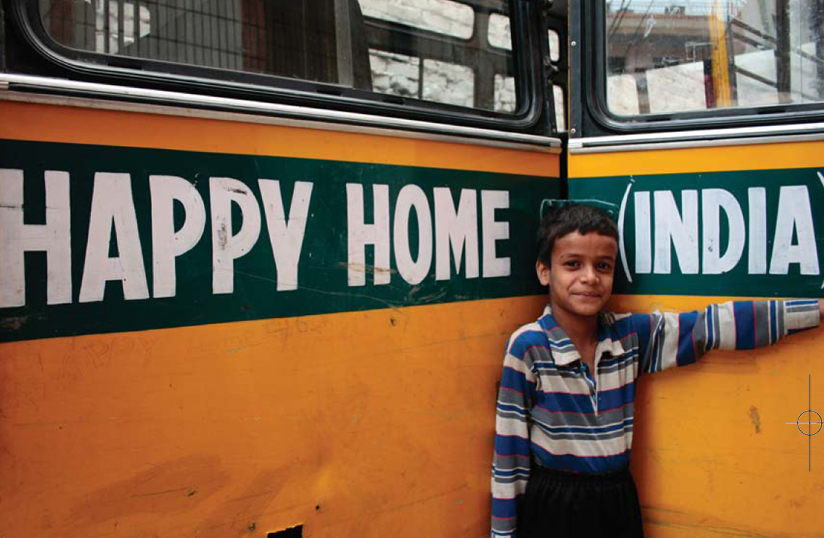Preparing today for Indian Muslim Mirror 2020
Duly supported with authentic data, the Justice Rajindar Sachar
Committee gauged in 2006 the Muslim deficit in India vis-a-vis any other
community or social group. This Committee and the Justice Ranganath
Mishra Commission (2008) recommended a series of affirmative actions to
be taken by the Government in order to restore justice to Muslims and
ameliorate their plight to the level of national averages. However, very
little, say less than ten percent, of follow up action has been taken so
far that includes amending the Waqf law, instituting the national
minorities scholarship schemes and establishing the national commission
for minority educational institutions. A host of major recommendations
whose implementation would make the real difference still remain
confined to the portals of these two landmark reports of recent Indian
history. Though the 2014 parliamentary election manifestos of the
Congress Party and Aam Aadmi Party did belatedly take note of some of
these many remaining recommended steps.
The main reason of Muslim backwardness is the community's gross
under-representation in the Lok Sabha (lower house of parliament) and
provincial assemblies as well as the judiciary and the bureaucracy. The
presidential order of 1950 denies to Muslims (13.4% of total Indian
population), Christians and Zoroastrians access to 15%+ seats in every
legislature, judiciary and the civil service. Justice Mishra Report says
its a black law infused in the statute from the back gate; the Supreme
Court agrees. Yet, this anathema remains on the statute book mostly to
the chagrin of Muslims who are the dominant minority. Simultaneously, as
a double jeopardy, Justice Sachar Committee has pointed out that a large
number of the parliamentary and assembly constituencies with huge Muslim
population and quite low presence of the Hindu/Sikh/Budhist barbers,
tailors, blacksmiths, sweepers etc named in the Constitution as
Scheduled Castes (SC) have been reserved for the latter. On the other
hand, there is another set of constituencies with high SC population but
low Muslim visibility that have not been reserved for SCs. Thus, Sachar
Committee recommended that the Delimitation Commission should be
appointed and mandated to remove these anomalies. Secondly, the
definition of Scheduled Caste needs to be purged of religious
parochialism. These actions are yet to be taken.
In the meanwhile, Muslims themselves need to take crucial affirmative
action. We are not in the habit of doing that even though our faith
mandates us to do so; in fact the basic elements of Islamic system
warrant devotion of at least one third of the individual's existence for
the sake of the community. In Surah Al-Qadr Allah says that the night of
mystic glory is better that one thousand months. That's a strong divine
indication that from inception to infinity the average human life is of
about 84 years. The first one third segment is for self, the second for
self and family and the third is mostly for the community. Using Allama
Iqbal's terminology I've named the members of the third segment as
Keemiyagar; that means the alchemist who turns ordinary metals into
gold. They continue to have robust limbs and brain but have fulfilled
their responsibilities. They will have to come forward to change the
community's track. Zakat Foundation of India runs a Department of
Delimitation. According to its research even among the 85% unreserved
constituencies there is abundant potential for substantial Muslim win.
For instance, in U.P. that sends the largest number of members (80) to
Lok Sabha, there are 63 unreserved seats. Out of these, in 18 seats
Muslims are 25-52%, in 23 Muslims are 15-24% and in another 18 Muslims
are 10-14%. Similar is the demographic-electoral reflection in most of
the states.
In every Indian constituency with 15% Muslim population or more the
local Keemiyagars will have to form a group of 10-12 persons of their
ilk, name it KGP (Keemiyagars Political) and begin working from a room
in one of their own houses. They can google and collect information from
the Registrar of Census Operations and Election Commission regarding the
Muslim population and percentage in their respective constituencies -
otherwise obtain it from the ZFI office by writing an email. They need
to comprehend the major Muslim issues at the national, provincial and
local levels and their solutions and start intensely working on these
within the constituency by way of advocacy and meaningful activism. The
next parliamentary election will be held after five years or less;
during this period every state assembly will also be re-voted. But
within the next two years or so the KGP would have won the hearts of the
local Muslims so much that they will tend to vote en masse a candidate
of the KGP's choice.
Another parallel group of Keemiyagars will have to be formed in each
constituency, named as KGA (Keemiyagars Administrative) that would
select the academically ablest graduate or PG boys & girls and encourage
them to prepare well and appear at the civil services competitive
examinations organized by the central and provincial public service
commissions. These fellows will have to be sent for coaching in
professionally & privately run most successful coaching institutes for
civil services for which funds will have to be garnered from within the
local community. Mind you the main purpose of this exercise will not
only be getting good employment to the community youth but to empower
the community.
With these measures in place, within the next 5-7 years Muslims of India
will inshaAllah begin feeling a fresh breeze of optimism, buoyancy,
confidence and a useful sense of direction. All this will catapult them
to a pedestal of equality that's our cherished constitutional value.
(Note: Please fill the form on this page and post it at the given
address top rescan and email to info@zakatindia.org)
---------------------------------------------------------------------

